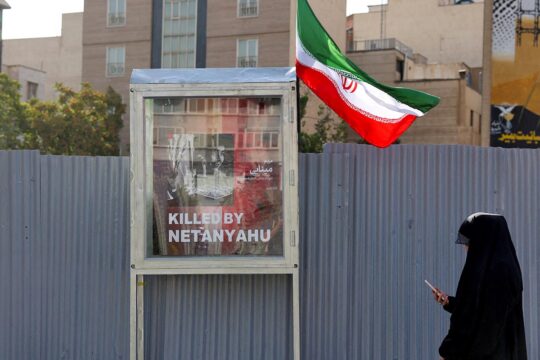Thousands of Sudanese kept up months of protests to demand regime change Friday, a day after the military ended Omar al-Bashir's three-decade grip on power in a widely criticised coup.
Here is a timeline of the upheaval in the country.
- Bread protests -
Hundreds take to the streets in various cities on December 19, 2018 to protest the government's tripling of bread prices, some chanting, "No to hunger".
The demonstrations spread and broaden into calls for Bashir's iron-fisted regime to quit.
Offices of his ruling National Congress Party (NCP) are torched in several towns.
The protests reach Khartoum on December 20, demonstrators chanting "freedom, peace, justice".
Clashes break out as police try to disperse the crowds and eight demonstrators are killed in two cities.
- Bashir resists -
Bashir breaks his silence after six days of demonstrations, vowing "real reforms" on December 24.
On January 1, 2019, 22 political groups call for a "new regime".
On January 9, thousands chant support for Bashir in Khartoum. But in the capital's twin city of Omdurman, there are more deaths in anti-government protests.
On January 13, protests spread to the war-torn western region of Darfur. Bashir tells supporters there: "Demonstrations will not change the government."
- Emergency rule -
On February 21, security agents arrest several opposition activists as protesters try to march on the presidential palace.
Bashir declares a nationwide state of emergency on February 22, also dissolving the federal and provincial governments and appointing army and intelligence officers as provincial governors.
Two days later, he swears in a new prime minister as riot police confront hundreds calling for him to resign.
On March 1, Bashir hands his powers as chief of the ruling NCP to his deputy.
- Sit-in at army HQ -
On April 6, thousands gather for the first time outside the military headquarters in Khartoum and chant "One Army, One People" in a call for support.
They set up camp at the complex, which also houses the president's residence, defying attempts by police to dislodge them with tear gas and gunshots into the air.
On April 9, police follow the military's policy of non-intervention and order their forces not to take action against demonstrators.
State media report that 11 people including six members of the security forces have been killed in one day, raising the official death toll in the weeks of demonstrations to 49.
- Bashir ousted -
On April 11, the sixth day of the sit-in, Defence Minister Awad Ibn Ouf announces on state television that Bashir has been removed from power and detained.
A transitional military council will replace Bashir for two years, he says.
The country's borders and airspace are shut. In a warning to protesters, Ibn Ouf announces a night-time curfew.
Later that evening he is sworn as chief of the military council now in charge.
- Regime coup -
Furious, the opposition accuse the regime of carrying out its own military coup, keeping in place "the same old faces".
They demand civilian rule and for the entire regime to step down.
The African Union, EU, UN and United States back calls for a civilian and democratic government.
Thousands defy the curfew overnight into Friday, remaining camped outside the army headquarters, some chanting "peace! justice! freedom!".
Addressing the media on Friday, the new military leaders pledge talks with "all political entities" on forming a civilian government.
They also warn they would "not allow any breach of security anywhere", and rule out Bashir's extradition on an arrest warrant by the International Criminal Court to face genocide and war crimes charges.


